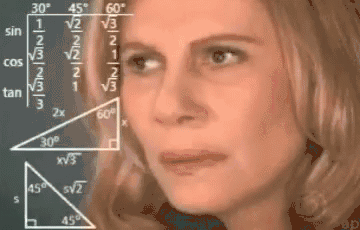#Rod and Roshanitsa
Explore tagged Tumblr posts
Text
POHŘEB- … Součástí následného uctívání duchů mrtvých jsou rusalije (na Rusi) a radunice , -> zadušnice (u jižních Slovanů), provázené oběťmi. ... ZADUŠNICE- svátky, při nichž se uctívají duše zemřelých. Konaly se v určité dny v roce, obvykle třikrát či čtyřikrát do roka, poprvé čtyřicet dní od pohřbu. Jedním z těchto dnů bylo též výročí smrti ... Arabský spisovatel Ibn Rosteh zapsal následující věty: "Když uběhne rok od smrti, vezmou dvacet džbánů medu a vydají se s nimi na ten pahorek (tj. mohylu). Shromáždí se tam rodina zemřelého; jedí tam a pijí a potom se vzdálí." Z údajů, které se o tomto svátku dochovaly, předpokládáme, že oslavy měly obdobný průběh jako pohřební hostina- strava, mnohdy včetně různých her se škraboškami a předstíranou bitvou. "Nejvýraznější byly výroční slavnosti, kdy se zabíjí dobytče, někdy se dokonce zahrabávají vejce do hrobu." (Bílá Rus) Na Rusi se obvykle vyprázdnila číše na počest mrtvého, další na počest Rodu a Rožanic. Připíjení Rodu zřejmě souvisí s představou, že pohřbem se mrtvý znovu zrodí pro život na onom světě. ~ FUNERAL- … Part of the subsequent worship of the spirits of the dead are rusaliye (in Rus) and radunice, -> zadushnice (among the southern Slavs), accompanied by sacrifices. … ZADUSHNICE- holidays during which the souls of the dead are worshipped. They were held on certain days of the year, usually three or four times a year, the first time forty days after the funeral. One of these days was also the anniversary of the death … The Arab writer Ibn Rustah wrote the following sentences: "When a year has passed since the death, they take twenty jugs of honey and go with them to that mound (i.e. barrow). The family of the deceased gathers there; they eat and drink there and then move away.” From the data that has been preserved about this holiday, we assume that the celebrations had a similar course to a funeral feast - strava, often including various games with masks and pretend battle. "The most prominent were the annual festivities, when cattle are slaughtered, sometimes even eggs are buried in the grave." (White Ruthenia) In Russia, a cup was usually emptied in honor of the dead, another in honor of Rod and Roshanitsa. The toasting to Rod seems to be related to the idea that the dead will be reborn for life in the afterlife through burial.
Encyklopedie slovanských bohů a mýtů ~ Encyclopedia of Slavic Gods and Myths (Naďa & Martin Profantovi)
Rusalye. The cursed prince, guardian of the Bone Road. In the stories, he lured lonely maidens onto his back and carried them, laughing, over the waves, until they were too far from shore to cry for help. Then he dove down, dragging them beneath the surface to his underwater palace. The girls wasted away, for there was nothing to eat there but coral and pearls. Rusalye wept and sang his mournful song over their bodies, then returned to the surface to claim another queen.
Siege and Storm- Chapter 5 (Leigh Bardugo)
me:

#grishanalyticritical#Slavs#burial#funeral#celebrations#Ahmad ibn Rustah#gods#Rod and Roshanitsa#rusalye#Encyklopedie slovanských bohů a mýtů#Naďa Profantová#Martin Profant#parallels&references#Siege and Storm#S&S Chapter 5#Leigh Bardugo#Seeing Grishaverse in other works#V#books#quotes#Look#I've been looking for the original meaning or myth#and this is all I could find.
4 notes
·
View notes